When your child has a seizure, it can be a frightening experience. Your newborn may smack her lips involuntarily or suddenly stiffen her whole body. Your toddler may shake or jerk uncontrollably or collapse on the floor. What exactly is going on? As a parent you’ll likely have many questions about your child’s condition. Here’s what you need to know about seizures in children, including its connection to epilepsy.
Why are young children prone to seizures?
Seizures are caused by an abnormal and sudden surge of electrical activity in the brain. Anything that stresses or injures the brain can cause a seizure, such as a fever, head injury or a genetic cause. Development problems may be a clue that a child’s brain is prone to seizures.
During a seizure, your child’s brain cells fire off in an abnormal way, causing uncontrollable movements or loss of consciousness. Seizures are more prone to happen in young children. Since a child’s brain is constantly growing and developing, the stimulation it can tolerate can easily overload, resulting in a seizure. A two-year old’s brain has twice as much activity as that of an adult, so the threshold for seizures is significantly lower.
If my child has a seizure, will he or she go on to have epilepsy?
Not necessarily. A child is diagnosed with epilepsy if he or she has multiple seizures that occur without a treatable cause like fever or low blood sugar – and that disorder is most common in kids with cerebral palsy or other neurologic problems. Seizures are often scary, but it’s reassuring to know that as your son or daughter gets older, the likelihood that they will experience another seizure may change. In fact, about two-thirds of all children with epilepsy outgrow their seizures by the time they are teenagers.
Are there other conditions that may mimic seizures?
Some children may experience other things like fainting or stroke, which may appear to be a seizure but it’s not. There are some things you can do to help figure out if your child is experiencing a seizure. For instance, if a child is staring and seems unresponsive, touch him, pick him up or tickle him – do something that you think would definitely get a response if he is just daydreaming or distracted.
If your child is moving an arm or leg in a funny way, put your hand on it, or re-position it, to see if the movement can be interrupted. Also, you can take a video to show to your doctor. Bottom line, if you are worried and your child isn’t coming back to herself, contact your pediatrician or emergency medical services.
Do seizures themselves cause developmental issues?
Developmental issues and seizures in a child usually are both caused by whatever is different about that child’s brain. However, developmental problems can be worsened in kids who are having a lot of seizures – because of the time it takes to recover from the seizures, side effects of increasing medications, or maybe because the brain is spending energy on having seizures and not on learning.
 https://riseandshine.childrensnational.org/wp-content/uploads/2025/02/girl-holding-heart-feature.jpg
300
400
Rise and Shine
https://riseandshine.childrensnational.org/wp-content/uploads/2017/11/childrens_riseandshine_logo.jpg
Rise and Shine2025-02-11 13:45:422025-02-28 12:43:208 ways to help children with CHD prepare for healthy futures
https://riseandshine.childrensnational.org/wp-content/uploads/2025/02/girl-holding-heart-feature.jpg
300
400
Rise and Shine
https://riseandshine.childrensnational.org/wp-content/uploads/2017/11/childrens_riseandshine_logo.jpg
Rise and Shine2025-02-11 13:45:422025-02-28 12:43:208 ways to help children with CHD prepare for healthy futures


 Amy Kao, MD, was a neurophysiologist at Children's National. She treats children with epilepsy, but also sees patients with neurological conditions besides seizures. She is especially interested in the ketogenic diet, a special high-fat diet that can decrease seizures in some patients.
Amy Kao, MD, was a neurophysiologist at Children's National. She treats children with epilepsy, but also sees patients with neurological conditions besides seizures. She is especially interested in the ketogenic diet, a special high-fat diet that can decrease seizures in some patients.






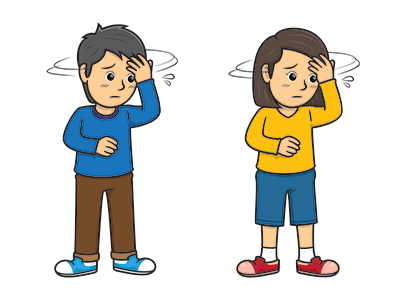

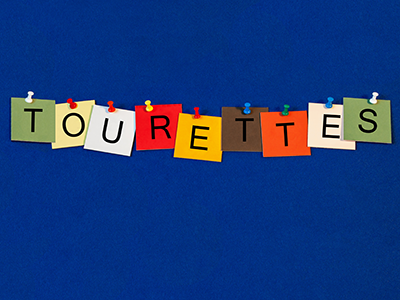



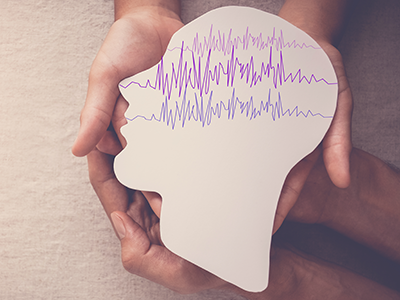
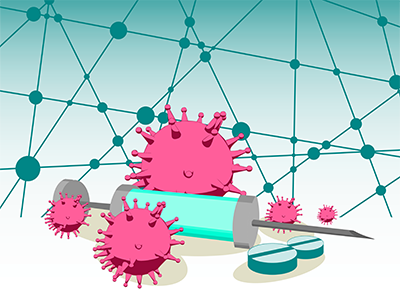

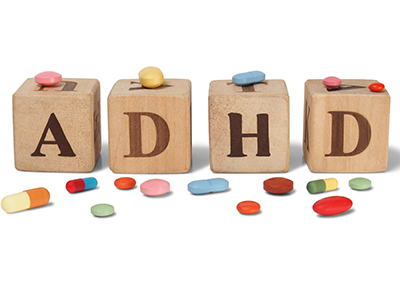
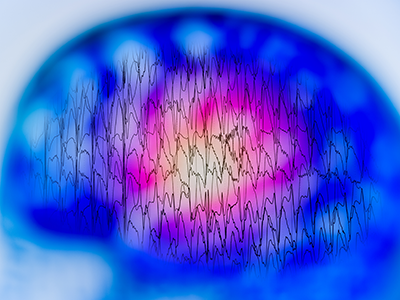

Leave a Comment
Want to join the discussion?Feel free to contribute!